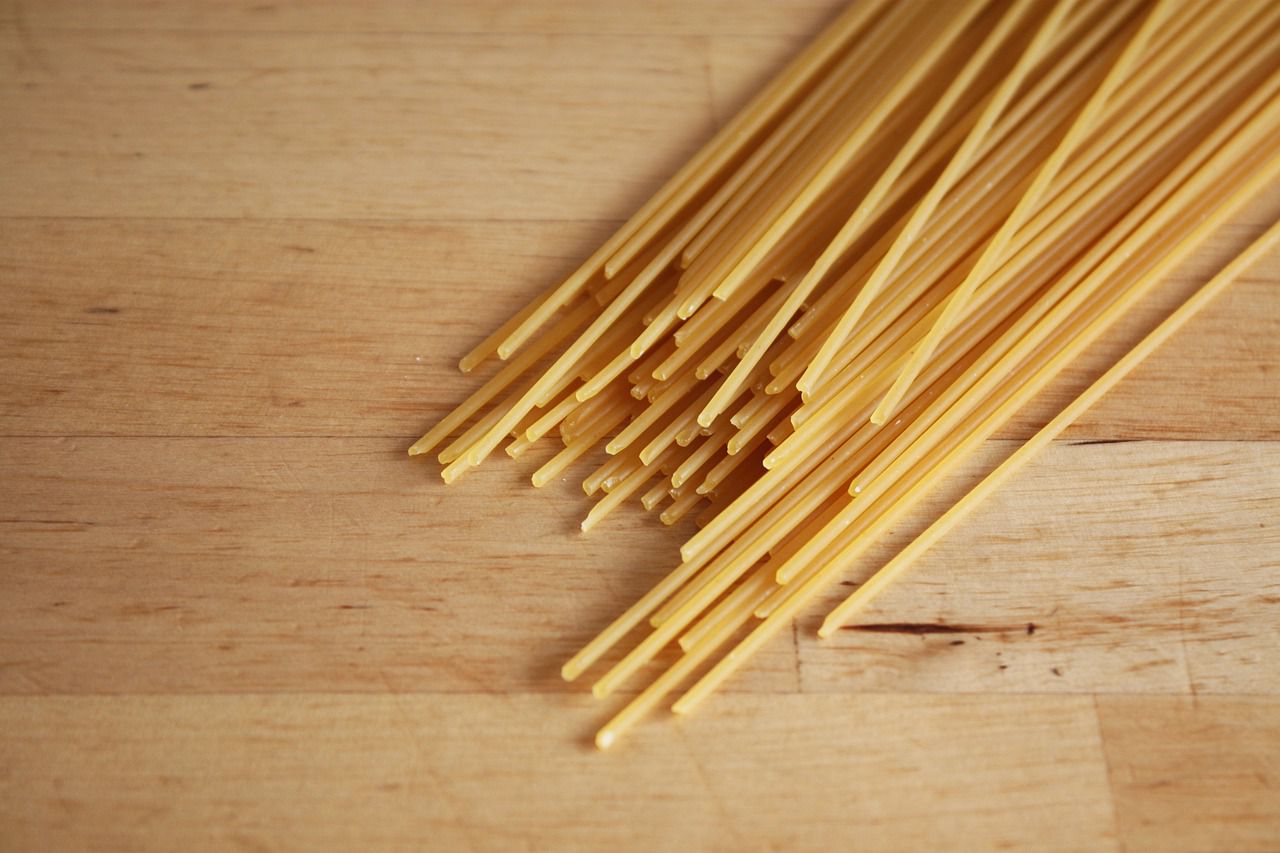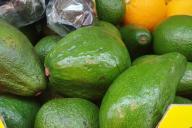Contrary to popular belief, pasta is not inherently less healthy than other grains.
It's important to understand that pasta is actually made from grains, typically wheat, which contains important nutrients and provides energy.
However, the nutritional value of pasta can vary depending on factors such as the type of grain used, processing methods, and the portion size and ingredients used in the dish.
Use whole grain pasta
Whole grain pasta, made from whole wheat or other whole grains, retains the bran and germ layers, which contain fiber, vitamins, minerals, and phytochemicals.
This makes whole grain pasta a healthier choice compared to refined pasta, which has had the bran and germ removed, resulting in a lower fiber and nutrient content.

Portion size matters
When consumed in moderation and as part of a balanced diet, pasta can be a nutritious source of carbohydrates, which are essential for energy.
It can provide important nutrients like fiber, B-vitamins, and minerals.
Pairing pasta with a variety of vegetables, lean proteins, and healthy fats can further enhance its nutritional value.
Don't use calorie-dense toppings
However, it's crucial to be mindful of portion sizes and to avoid excessive consumption of calorie-dense sauces and toppings that can contribute to weight gain and other health issues.
Additionally, individuals with certain dietary restrictions or health conditions may need to choose alternative grain options to suit their specific needs.









